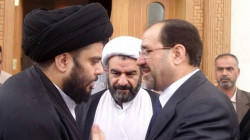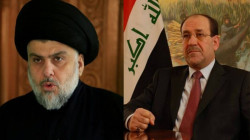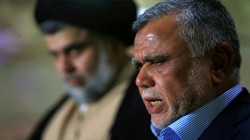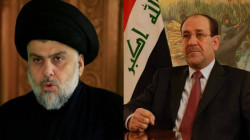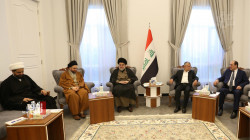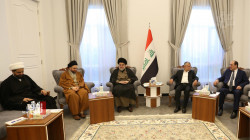Al-Sadr crosses off al-Maliki from the Government formation arithmetics
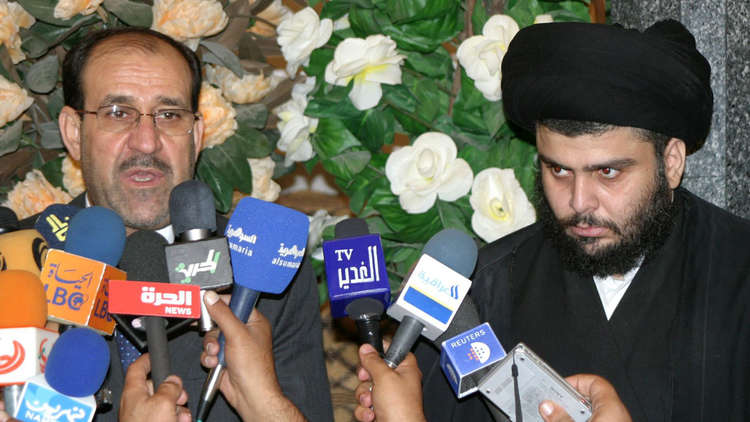
Shafaq News/ A leader of the Sadrist movement, Issam Hussein, said that the upcoming government will be a "coalition of strong parties", excluding the possibility of the State of Law Coalition, led by Nouri al-Maliki, being on board.
In a statement to Shafaq News Agency, Hussein said, "the forthcoming days will witness forming a coalition government via the alliance of the strong [blocs]... This alliance will include the parties that claimed many and influential seats in the Parliament. Currently, we have concluded agreements with many of those forces."
"All the victorious parties are close to us, except for those whose agenda opposes ours and aim to build authority. For this reason, the State of Law Coalition is outside our considerations," he said, "the parties that endorse the authoritative agenda of the State of Law Coalition is also far from us. We would not ally with them as well."
"This agenda aims to seize power and practice intellectual terrorism. This experience is very bad, and it was the most prominent reason for the emergence of the terrorist organization ISIS in Iraq. Therefore, it is not possible to ally with such parties, and they have such agendas."
The results of the early parliamentary election showed the Sadrist movement maintaining the most seats in parliament, leading in several of Iraq's 18 provinces, including the capital, Baghdad. Al-Sadr, a controversial leader remembered for leading an insurgency against U.S. forces after the 2003 invasion, appeared to have increased his movement's seats in the 329-member parliament from 54 in 2018 to 73.
With 94% of the ballot boxes counted, none of the competing political blocs appeared on track to win a majority in parliament and consequently name a prime minister. But as the results stand, al-Sadr's bloc will be able to take a leading role in the political horse-trading to find a compromise candidate and set the political agenda for the next four years.
The State of Low Coalition, led by the former Prime Minister of Iraq Nouri al-Maliki, secured 37 seats, fours seat behind al-Taqaddom (Progress) bloc led by the Sunni Speaker of the Iraqi Parliament, Muhammad al-Halboosi.
The Kurdistan Democratic Party (KDP) led by the Kurdish leader Masoud Barzani has won 32 seats; twice more than Iran's favorite al-Fatah Alliance, which toll of seats diminished to 14 only from 48 in the 2018 elections.
